
Exciting new series on “Voice, Body and Movement for Lawyers – How to connect with the jury and find Justice Through Dramatic Technique!”
Click here to find out more
Attorneys may offer a crucial role in discussing advance (end of life) care planning options with their clients prior to, during and after estate planning or family law conversations. Advance Directives consists of a Living Will and Durable Power of Attorney for Healthcare and were initially governed by federal law in 1991 through the Patient Self Determination Act and of recent States have enacted their own laws. A Living Will is a health care directive that determines what types of life-sustaining treatments (enteral or parenteral nutrition therapy, hydration, artificially ventilation) your client may elect to receive. A Durable Power of Attorney for Healthcare affords your clients to select a healthcare agent to make decisions should your client lack decision-making (mental) capacity. Other advance directives include the provision for organ and tissue donation and when your client may elect natural death.
This course will guide you through the key provisions for advance directives and resources that are available for you and your clients.
Learning Objectives:
• Discuss the essential provisions and requirements when advising and drafting a Living Will and Durable Power of Attorney for Healthcare for your client.
• Define what the various life-sustaining treatments entail (e.g., dialysis, artificial ventilation, nutritional therapy, hydration, cardiopulmonary resuscitation) and what palliative care measure to consider.
• Provide examples as to how you may approach your client in the preparation of their end of life goals and wishes and how they may capture these wishes and communicate them to their immediate family members.
• Determine where their Advance Directives should be filed so they may be available for healthcare providers to apply.
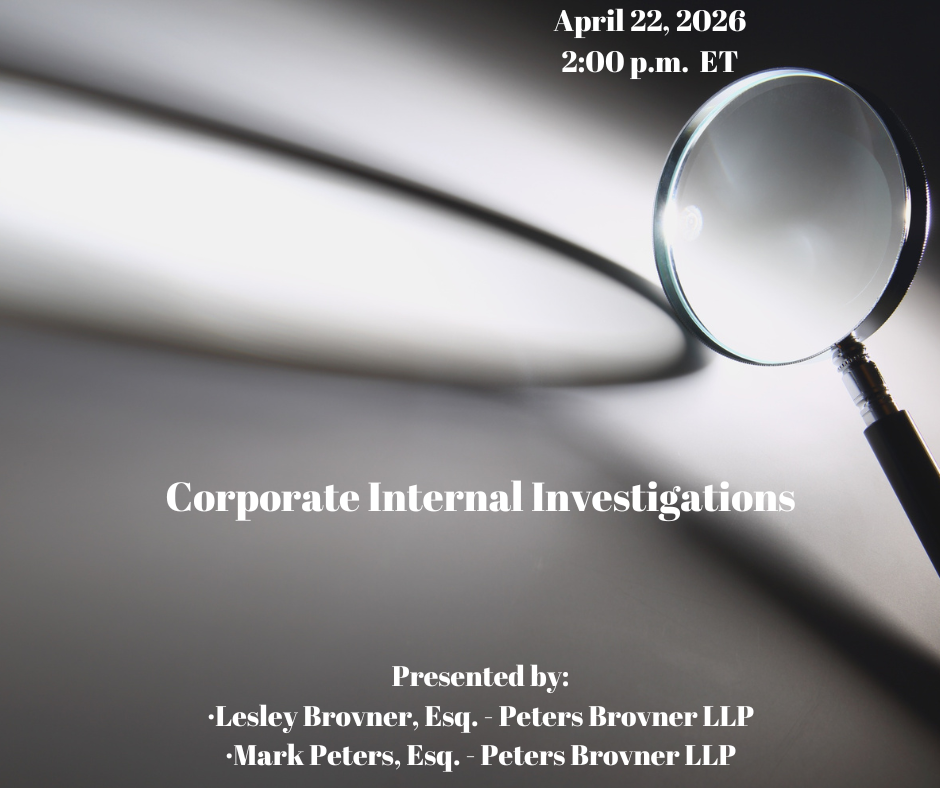
The CLE will cover the Ins and Outs of Internal Corporate Investigations, including: Back...
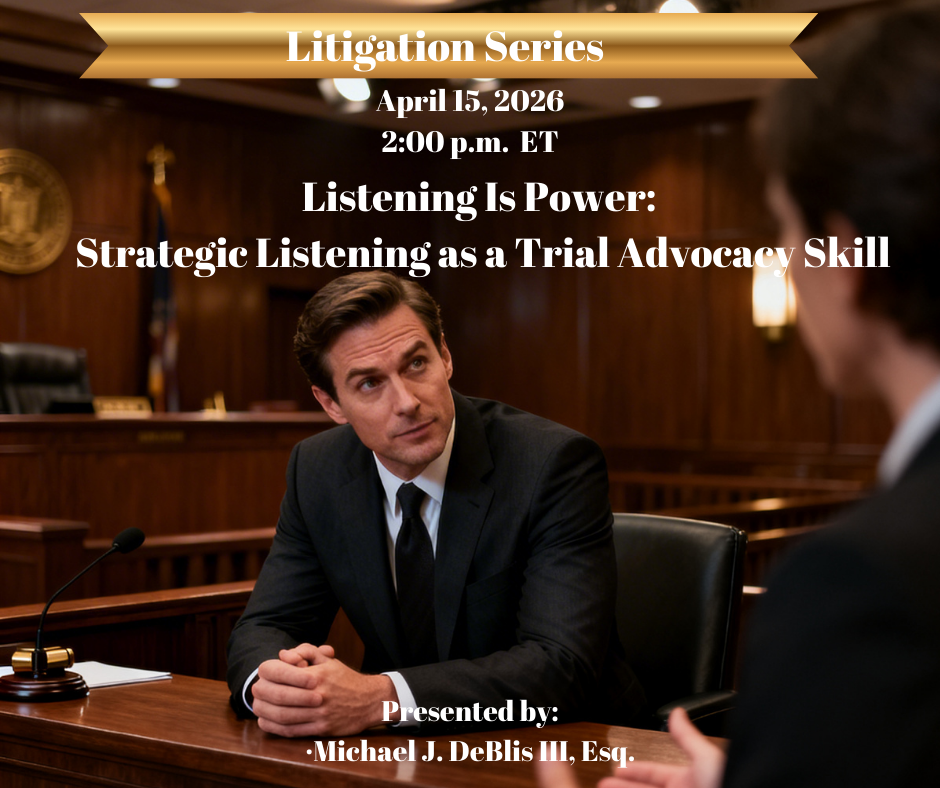
This program examines listening as an active, strategic trial advocacy skill rather than a passive c...

This Shakespeare?inspired program illustrates how Shakespearean technique can enrich courtroom advoc...

This presentation teaches attorneys how to deliver memorized text—especially openings and clos...
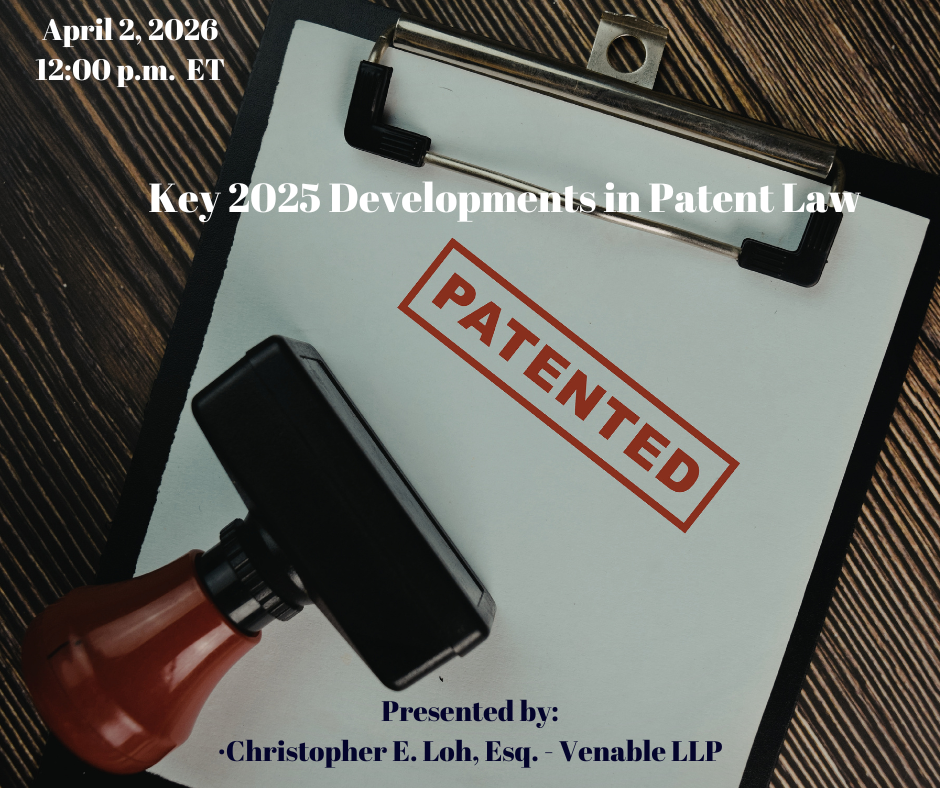
United States patent law and the United States Patent and Trademark Office’s patent-related gu...
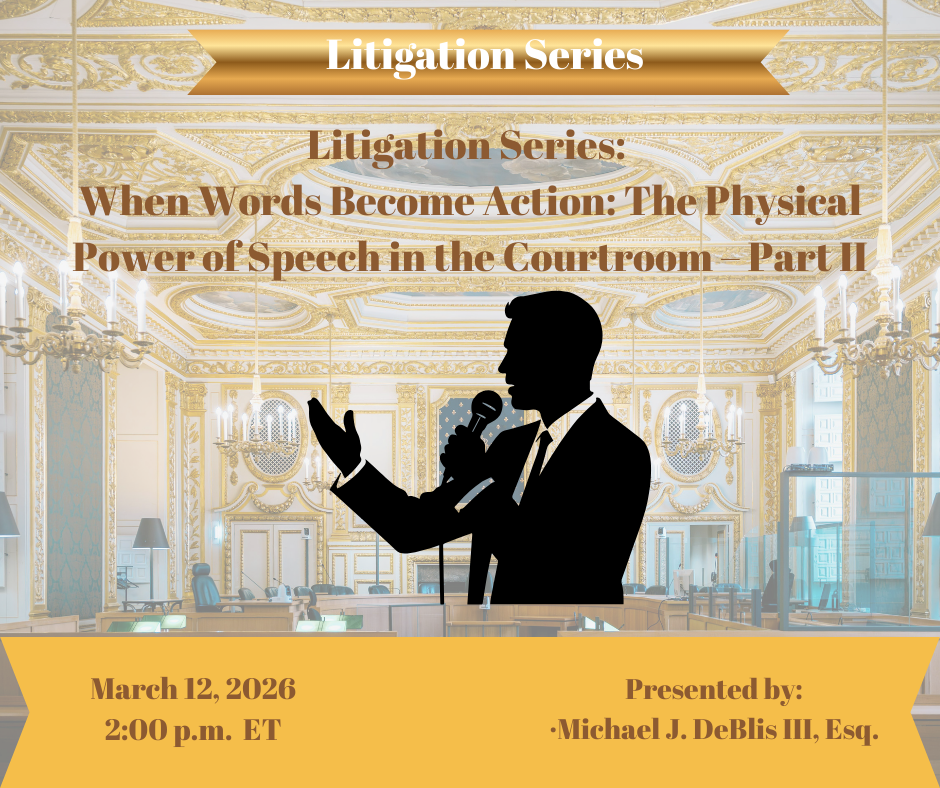
Part II builds on the foundation established in Part I by examining how classical rhetorical styles ...
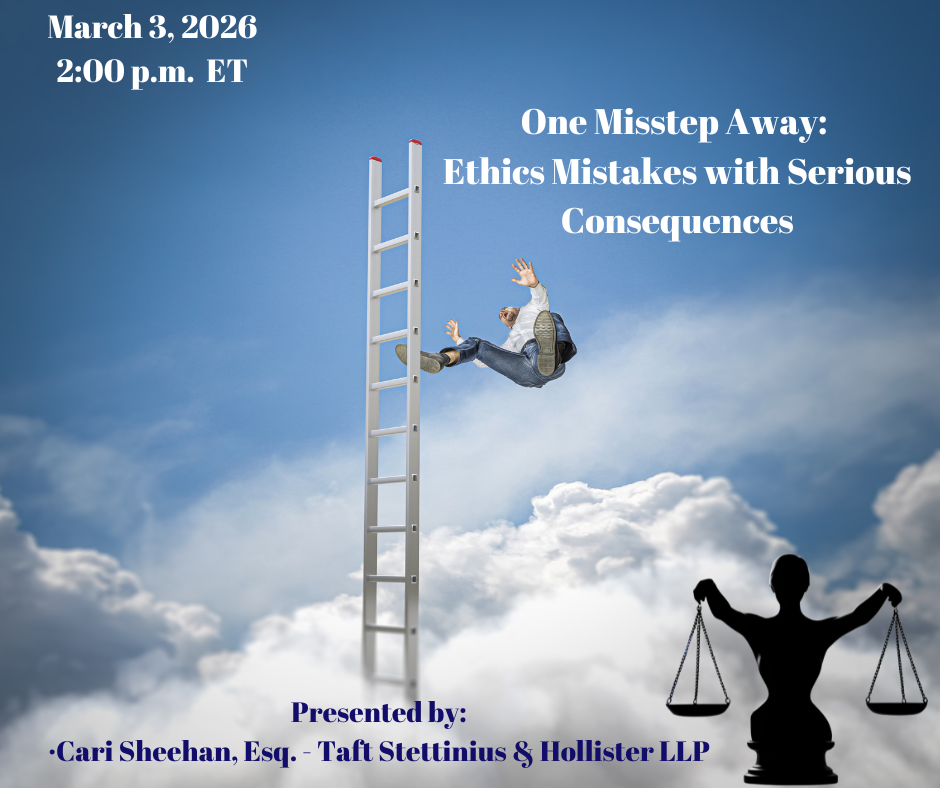
This ethics program examines common, but often avoidable, professional responsibility mistakes that ...
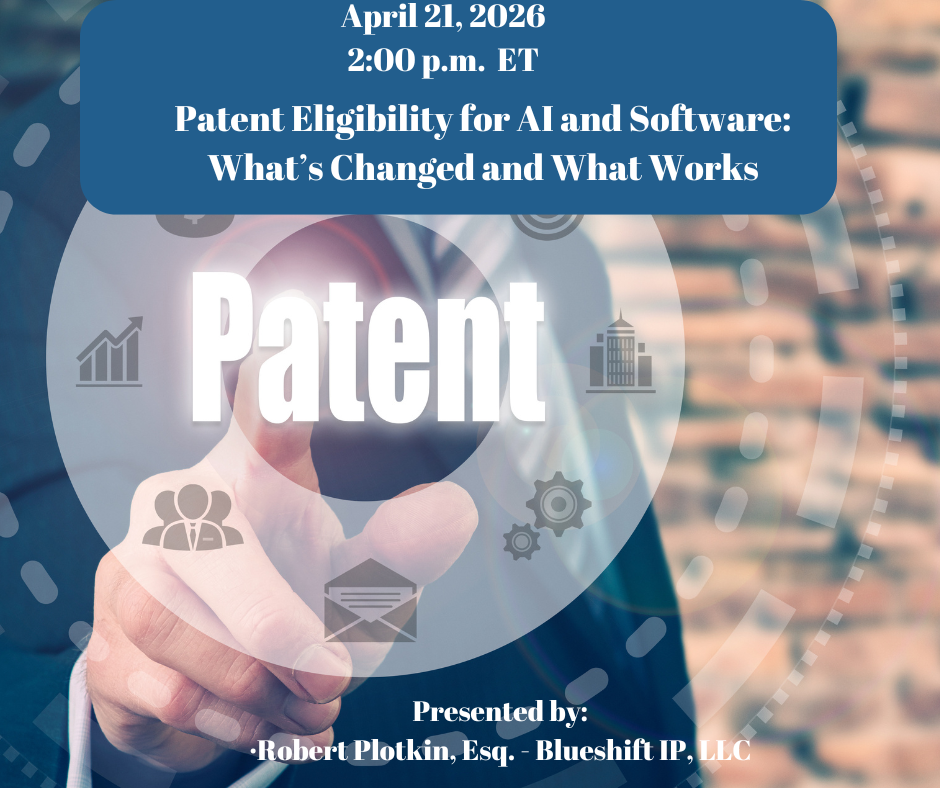
This program examines critical 2025-2026 developments in patent eligibility for software and AI inve...

This course clarifies the distinction between profit and cash flow from a legal perspective. Attorne...
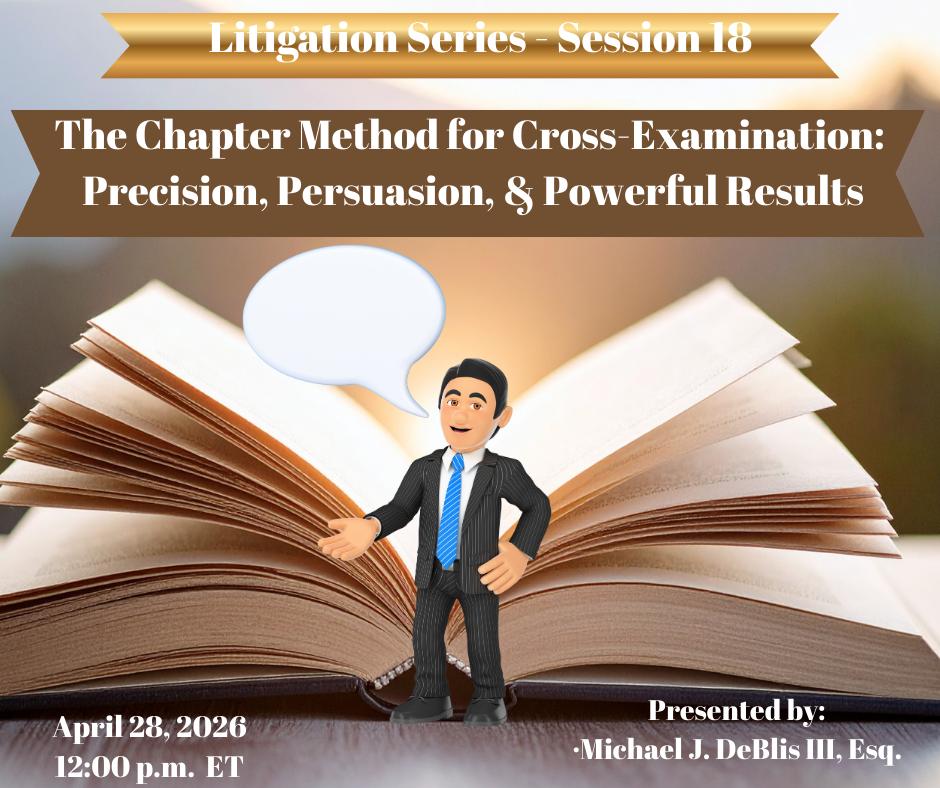
The “Chaptering Your Cross” program explains how dividing a cross?examination into clear...